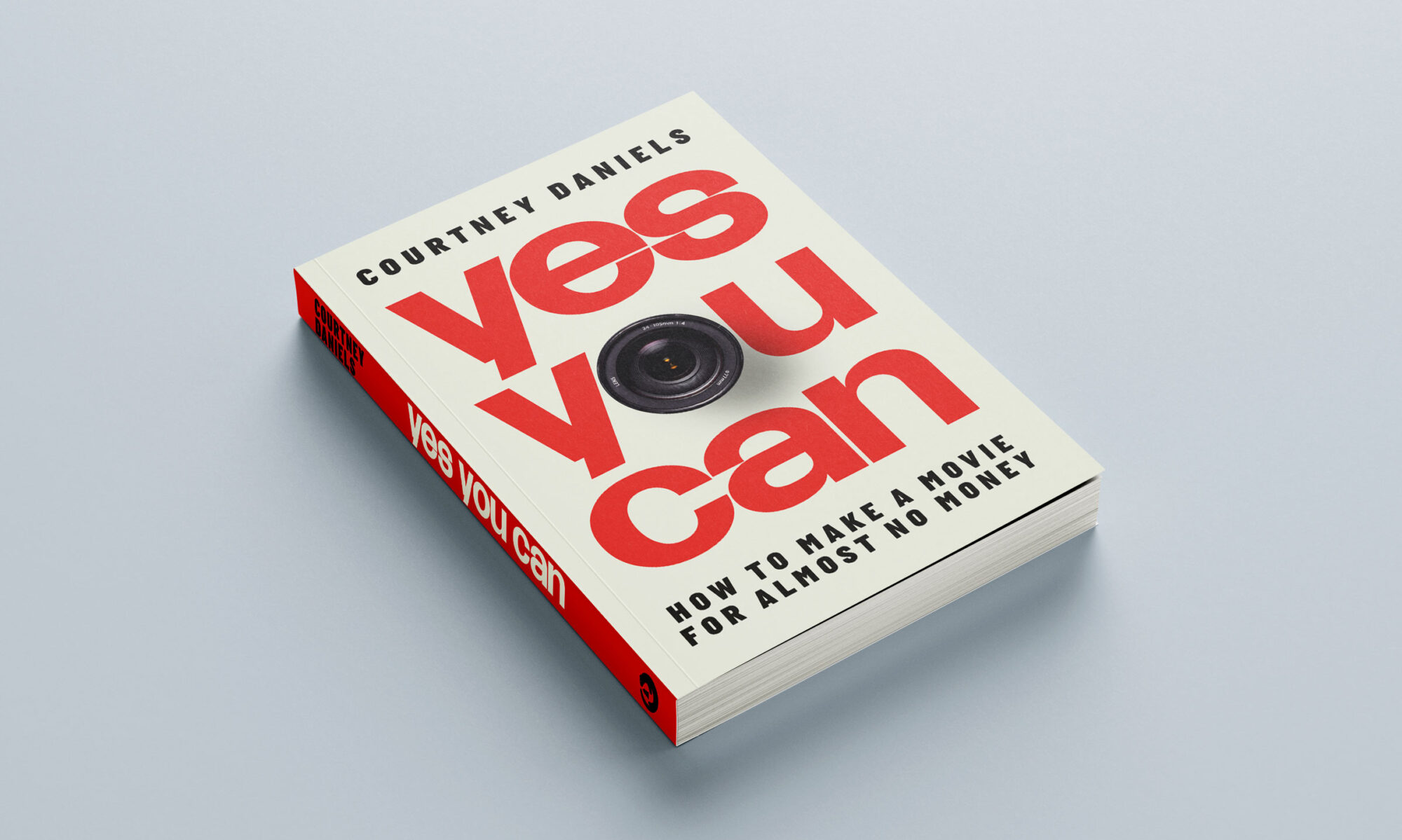I have a new appreciation for food stylists. I tried to make this iced matcha latte look super enticing but failed!
Why drink matcha? Because matcha lattes taste great, become an anticipated treat every morning and afternoon, and they’re really good for you. Matcha has one of the highest amount of antioxidants, which fight cancer, of any known food or beverage on the planet. More than broccoli and blueberries!
At the opening of the bestseller, “The Power of Habit,” author Charles Duhigg tells the story of a young woman, Lisa Allen, who was obese, a smoker, drinker, in debt and had never held the same job for more than a year. But guess what? On a trip to see the Egyptian pyramids (alone, because her marriage engagement got called off), she hit rock bottom. And amazingly, she vowed to become a runner. Exercise is a “keystone habit”–it led to a domino effect: she lost 60 pounds, stopped smoking, got a good job that she stayed in, paid off her debt, bought a house and started a Master’s program!
The point of my telling you that story is this: If you want to replace a bad habit with a healthier habit, the new habit has to offer a reward that is gratifying enough to make it stick. Arguably, drinking coffee is a bad habit, depending on what information you read. (For one thing, it makes your body acidic; one reason this is bad is because cancer thrives in an acidic environment.) To replace coffee with matcha, you will likely need more of a reward than just the knowledge that you’re doing something that is good for your health. Matcha also offers caffeine, which is part of what will make it rewarding and addictive to most newcomers, but it also tastes good. To me, the way that it tastes best is as an iced latte. Here’s how to make it:
1. Put 1 teaspoon of matcha tea powder into a chic short glass, a non-tacky mug or beautiful tea bowl. (Start with a half if you’re not used to consuming caffeine!)
2. Add a 1/4 cup of really hot water (not boiling).
3. Use a bamboo whisk to stir the tea. Let it sit for 5-7 minutes (so that the catechins, which provide the anti-cancer benefits, are released).
4. Add unsweetened vanilla almond milk or soy milk (when combined with soy, matcha tea has even greater anti-cancer properties; I use a combination of soy and almond milk) and ice. If you have to, add a teaspoon of acacia honey, which has a lower glycemic index than regular honey or sugar.
Matcha tea isn’t cheap, but it probably costs less than what you spend per month at Starbucks (“Fourbucks”). Here’s where I buy it:
https://www.hibiki-an.com/product_info.php/products_id/634
Link to “The Power of Habit”:
http://www.amazon.com/Power-Habit-What-Life-Business/dp/1400069289





